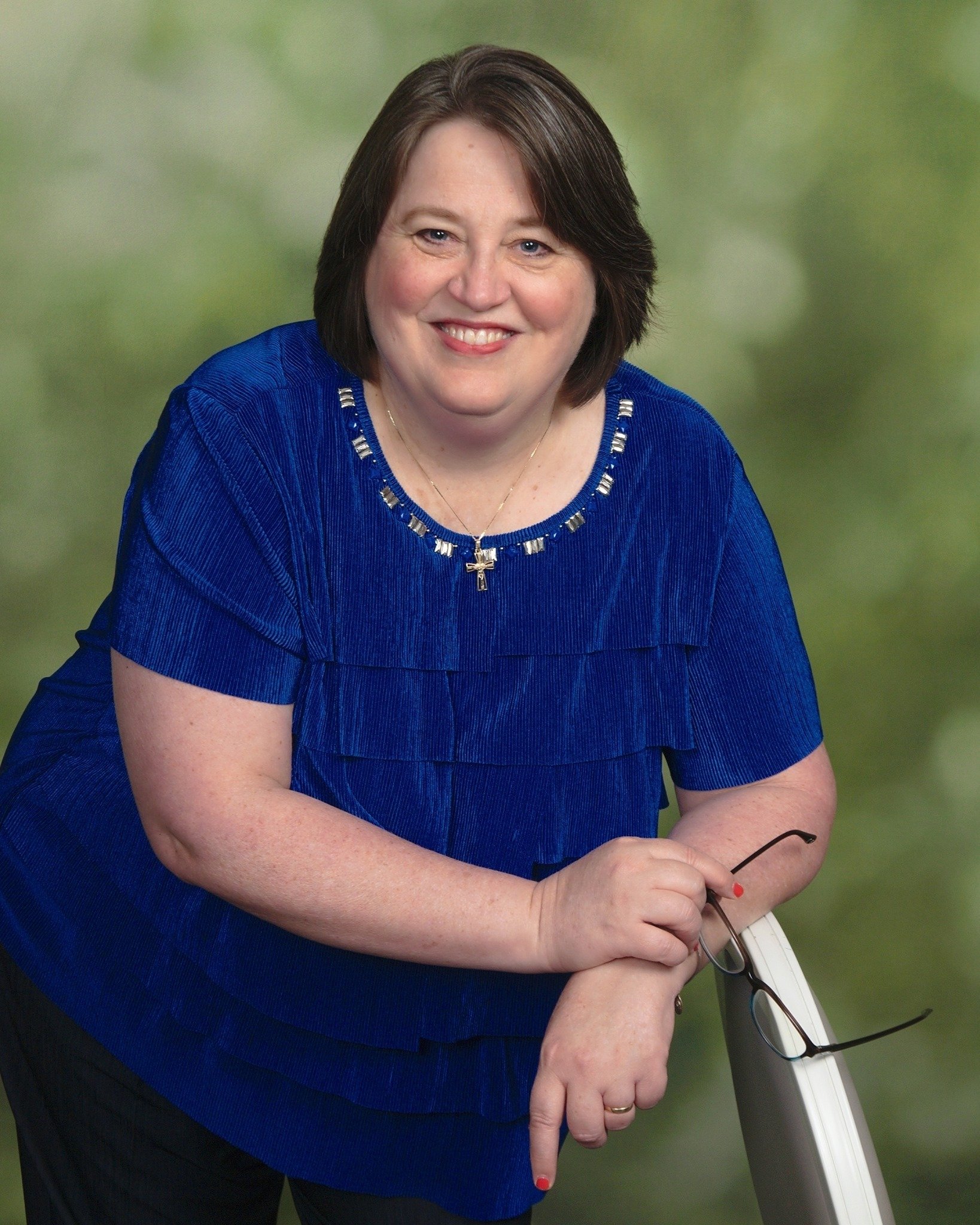
Heidi Hess Saxton contemplates lessons in trust in the Gospel stories of healing and in the life of St. Scholastica, whose feast we celebrate today.
He gives us more grace as our burdens grow greater,
He sends us more strength as our labors increase;
To added affliction he adds still more mercy,
To multiplied trials, he multiplies peace. (“He Giveth More Grace” by Annie Johnson Flint; lyrics in the public domain)
Maybe it’s a chicken-and-egg kind of thing: does God give the wild ones to those with calluses already on their knees? Or is it the other way around? As a child parked between my parents at the Sunday evening hymn-sing, I used to wonder why the choir director and his wife so often launched into this familiar refrain. (I didn’t know about their son’s ongoing drug addiction.) Nor did I understand why the adults around me sniffed and wiped their eyes before the last chorus was over. I didn’t know about the kinds of choices that drive “mature” parents to their knees in the struggle to let go.
But now I do. And when I sing that song, my eyes mist up, too. Because my own children have taught me an important fact about parenthood: No matter how far our children are out of sight, they are never far from our hearts. And never out of reach of our prayers.
As I write this, my husband and I have just returned from our first trip to Israel—if you’ve never been, start saving your shekels. One day there was a boat ride across the sea of Galilee, and Dr. Sri (our guide) pointed to a distant shore, to the ancient area known as Decapolis. It was a kind of no-man’s land, a cluster of Greek cities in Palestine whose inhabitants were not on good terms with the Jews … and yet Jesus returned several times to work miracles of deliverance, including the healing of “the deaf man with a speech impediment” in today’s Gospel (see Mark 7:31-37). Another time, he raised the hackles of the local swine herder by sending his entire flock, possessed by a “legion” of demons, over a cliff and into the sea (Mark 5:1-10).
What must Mary have thought, when she heard of her Son’s escapades? Did she try to restrain Him, try to persuade Him not to take such foolish risks? Or did He must have sent His angels to console her … even as their Son left her side to do His Father’s bidding.
Today we celebrate the feast day of my very favorite saint, the twin sister of St. Benedict whose name was Scholastica. Born late in the fifth century, she has only a single written account of her life, found in the Dialogues of St. Gregory the Great (Bk 2: Chap 33-34). This account describes an annual visit between the adult siblings—each in charge of their respective monasteries—in which Scholastica urges her brother not to leave her, but to continue their conversation into the night. He refuses, determined to return to his enclosure before nightfall.
So … she took it up with God, who sent a storm to force them to stay the night. They parted the next morning – and three days later, Benedict saw a dove fly above his window, and knew his sister had died. Her final words to him resounded in his ears: “I asked a favor of you and you refused. I asked it of God and he granted it.”
I think it is not unreasonable to think that, perhaps, Mary had done something similar: Faced with a man on a mission, she could only entrust the situation to God.
And sometimes that is good advice for all of us.

Copyright 2023 Heidi Hess Saxton
Images: copyright 2023 Heidi Hess Saxton, all rights reserved.
About the Author

Heidi Hess Saxton
Heidi Saxton is co-host of the CatholicMom.com Prayercast, and author of Stories of the EucharistThe Ave Prayer Book for Catholic Mothers (Ave). She is also senior acquisitions editor for Ave Maria Press. She and her husband Craig divide their time between northern Michigan and West Palm Beach, Florida. You can read about her adventures on Life on the Road Less Traveled.


.png?width=1806&height=731&name=CatholicMom_hcfm_logo1_pos_871c_2728c%20(002).png)
Comments